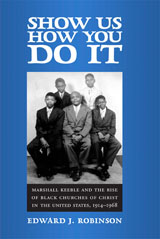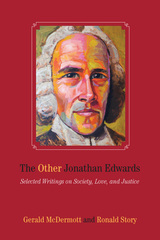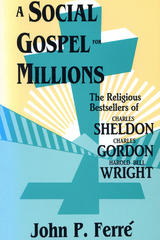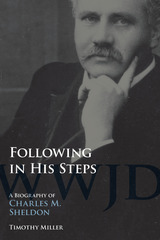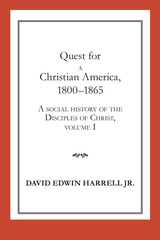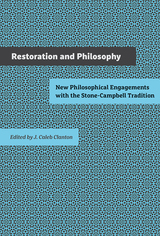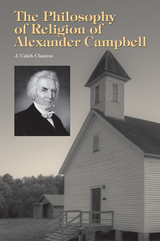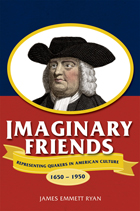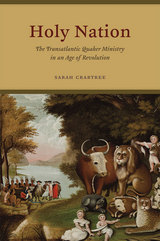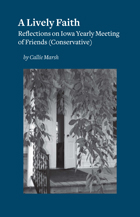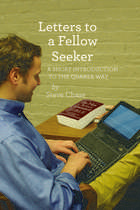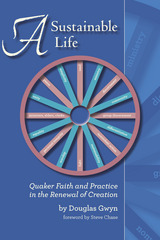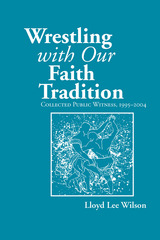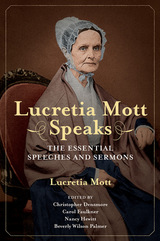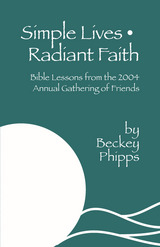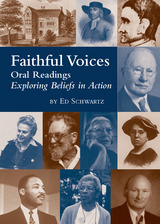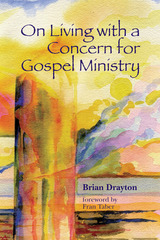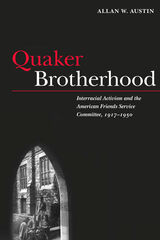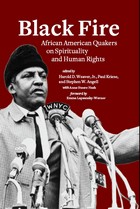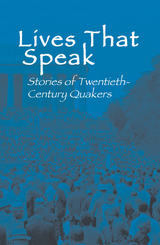Imaginary Friends: Representing Quakers in American Culture, 1650–1950
University of Wisconsin Press, 2009
eISBN: 978-0-299-23173-6 | Paper: 978-0-299-23174-3
Library of Congress Classification BX7635.R93 2009
Dewey Decimal Classification 289.673
eISBN: 978-0-299-23173-6 | Paper: 978-0-299-23174-3
Library of Congress Classification BX7635.R93 2009
Dewey Decimal Classification 289.673
ABOUT THIS BOOK | AUTHOR BIOGRAPHY | REVIEWS | TOC | REQUEST ACCESSIBLE FILE
ABOUT THIS BOOK
Winner, CHOICE Outstanding Academic Book Award
When Americans today think of the Religious Society of Friends, better known as Quakers, they may picture the smiling figure on boxes of oatmeal. But since their arrival in the American colonies in the 1650s, Quakers’ spiritual values and social habits have set them apart from other Americans. And their example—whether real or imagined—has served as a religious conscience for an expanding nation.
Portrayals of Quakers—from dangerous and anarchic figures in seventeenth-century theological debates to moral exemplars in twentieth-century theater and film (Grace Kelly in High Noon, for example)—reflected attempts by writers, speechmakers, and dramatists to grapple with the troubling social issues of the day. As foils to more widely held religious, political, and moral values, members of the Society of Friends became touchstones in national discussions about pacifism, abolition, gender equality, consumer culture, and modernity.
Spanning four centuries, Imaginary Friends takes readers through the shifting representations of Quaker life in a wide range of literary and visual genres, from theological debates, missionary work records, political theory, and biography to fiction, poetry, theater, and film. It illustrates the ways that, during the long history of Quakerism in the United States, these “imaginary” Friends have offered a radical model of morality, piety, and anti-modernity against which the evolving culture has measured itself.
Portrayals of Quakers—from dangerous and anarchic figures in seventeenth-century theological debates to moral exemplars in twentieth-century theater and film (Grace Kelly in High Noon, for example)—reflected attempts by writers, speechmakers, and dramatists to grapple with the troubling social issues of the day. As foils to more widely held religious, political, and moral values, members of the Society of Friends became touchstones in national discussions about pacifism, abolition, gender equality, consumer culture, and modernity.
Spanning four centuries, Imaginary Friends takes readers through the shifting representations of Quaker life in a wide range of literary and visual genres, from theological debates, missionary work records, political theory, and biography to fiction, poetry, theater, and film. It illustrates the ways that, during the long history of Quakerism in the United States, these “imaginary” Friends have offered a radical model of morality, piety, and anti-modernity against which the evolving culture has measured itself.
Winner, CHOICE Outstanding Academic Book Award
See other books on: American | American Culture | Quakers | Religion | Ryan, James Emmett
See other titles from University of Wisconsin Press


